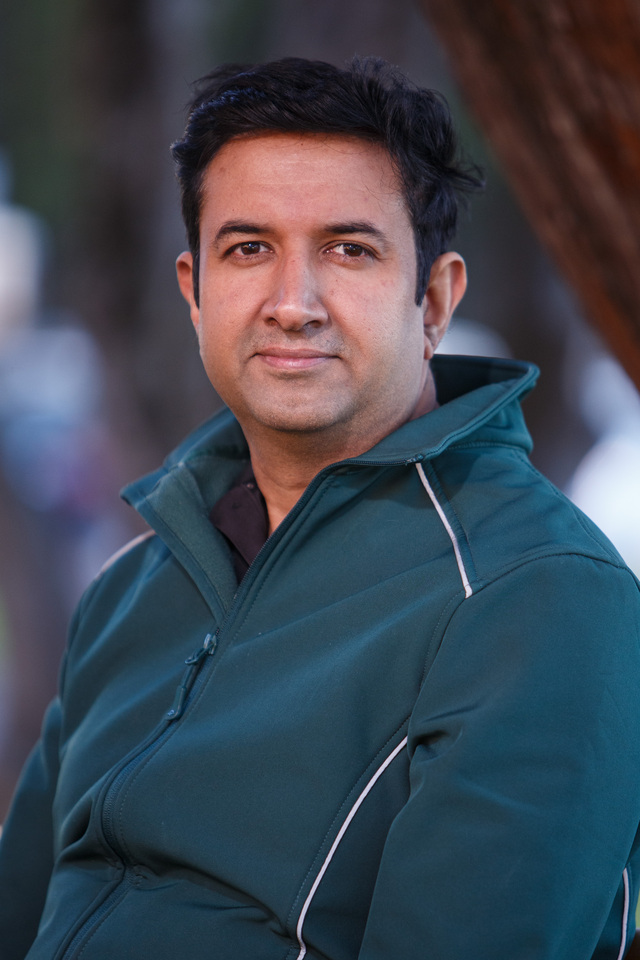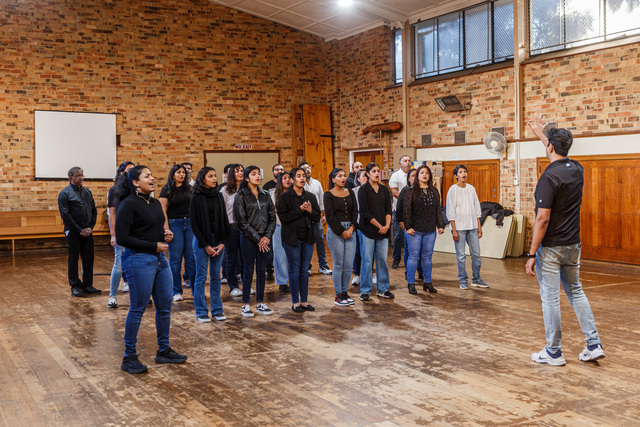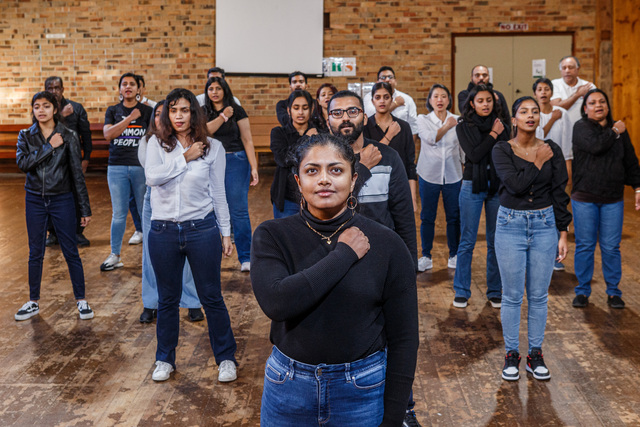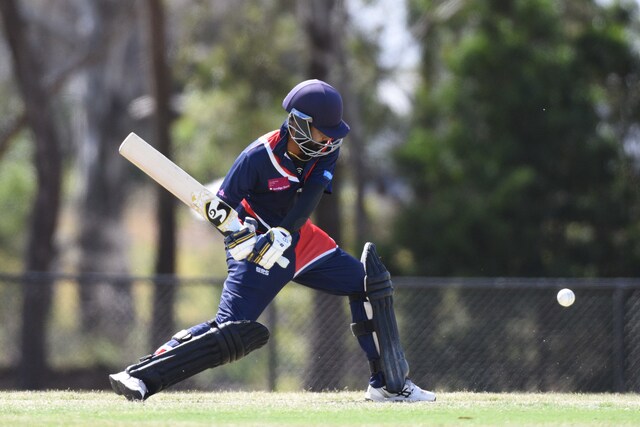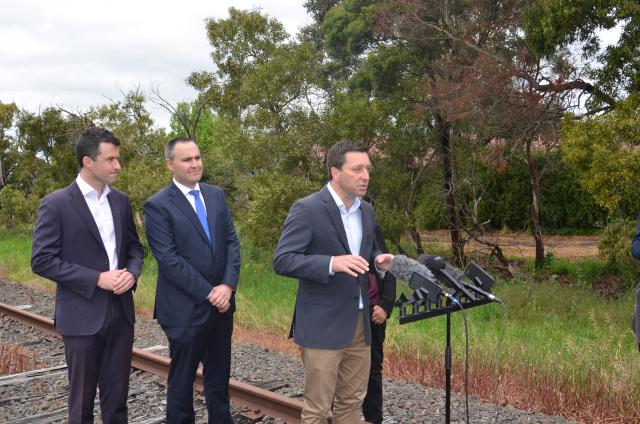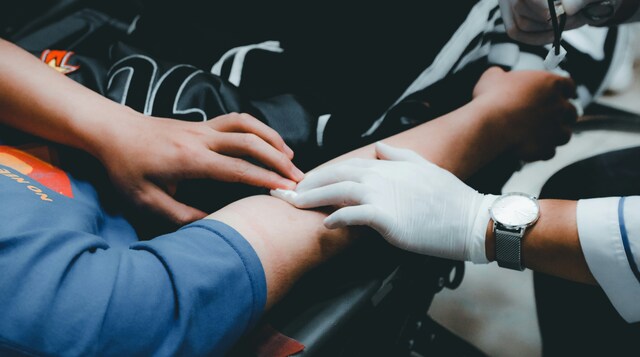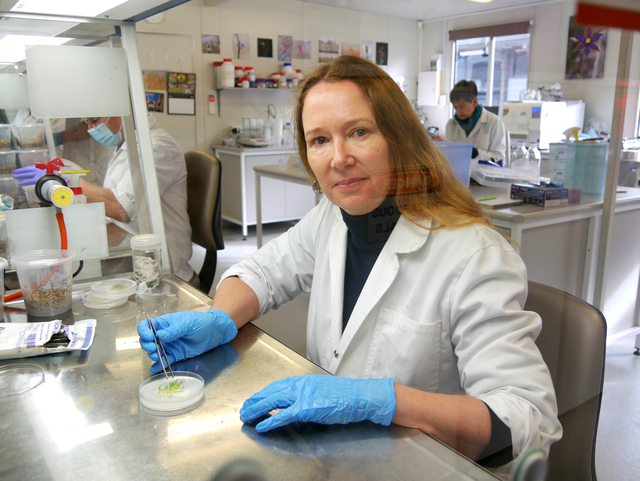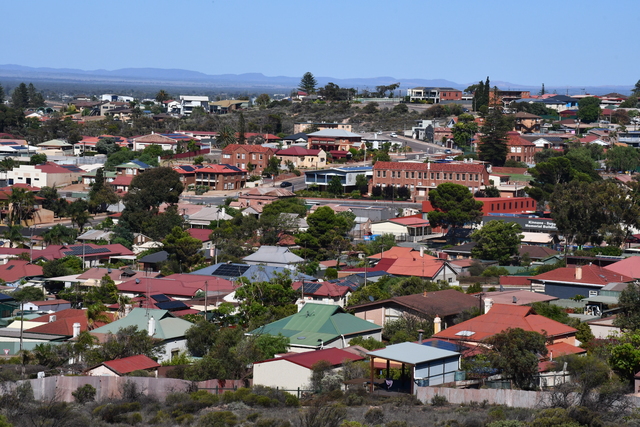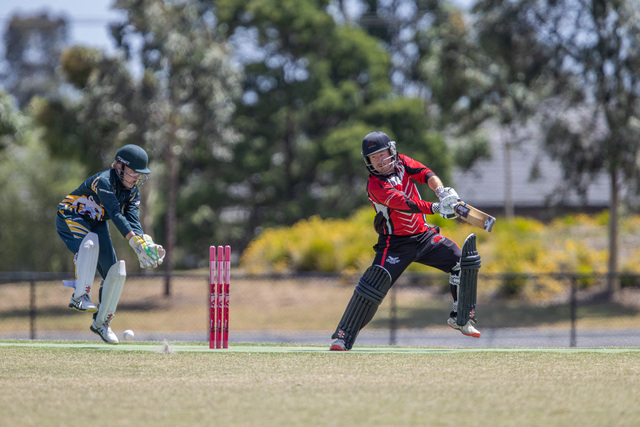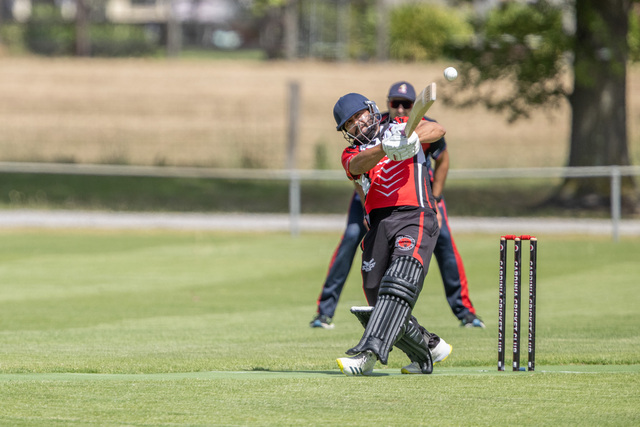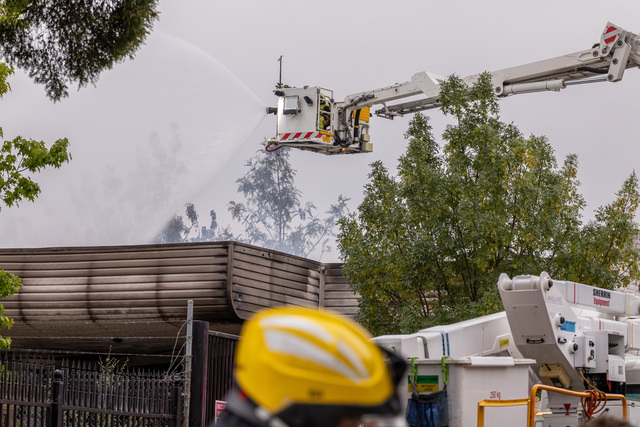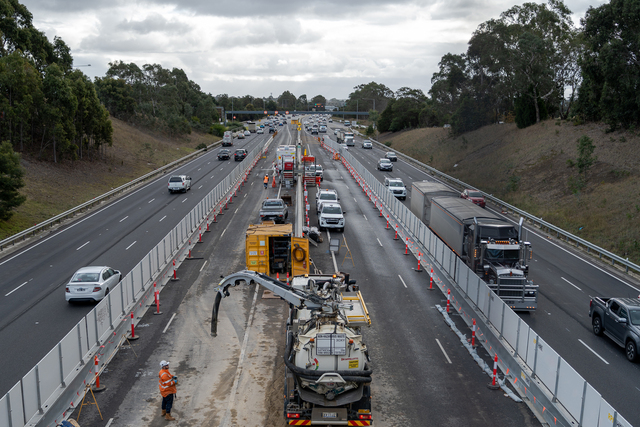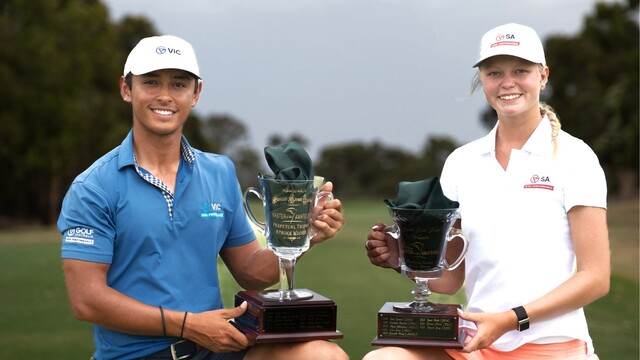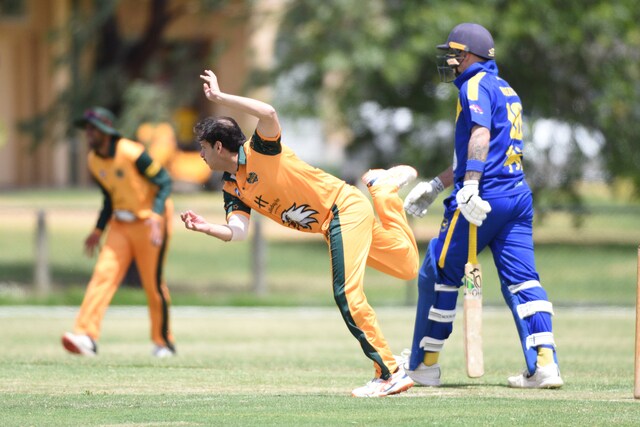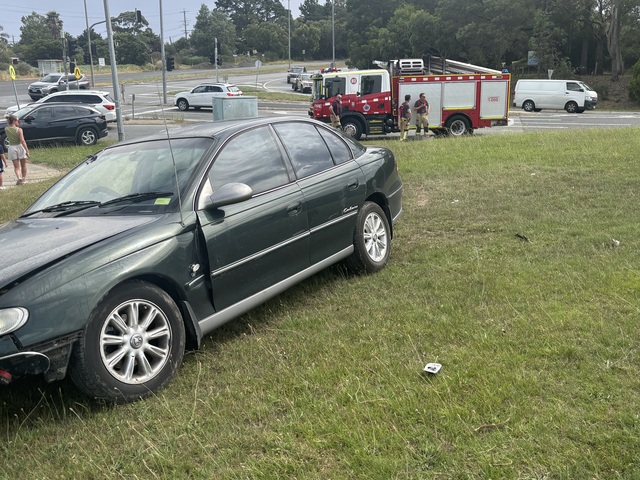Casey’s music-based charity The Common People will represent Australia at the world’s largest choir competition this July.
The multicultural group will fly to New Zealand to compete in the World Choir Games 2024.
The music charity, with more than 100 members, plays international fusion from Eastern classical and Western classical, to rap, acapella and folk songs.
Members will sing four songs in the world-level competition, including an Aramaic language song, a Swahili language song, an English song, and an Indian fusion of the Hallelujah Chorus.
While it is assumed that entering such a big game for your country would no doubt top the milestones, director and conductor Mathews Abraham provided a different answer.
“The milestone is, I would say apart from all the times when we performed and will perform at the big venues, the fact that we came together as a group and started this meaningful charity where we’re now impacting 200 children, and we are going to add another 100 children every year,” he said.
The Common People was started around 2015 when Mathews and like-minded fellows wanted to provide meaning through their music.
“We wanted something done about our music, and it started off with helping other charities raise funds through concerts. We have worked with a lot of charities including Samaritan’s Purse and Christian Blind Mission,” he recalled.
“We had a few charity concerts happening in various venues. We got the opportunity to go to the Sydney Opera House to conduct a concert there. We had a concert at St Paul’s Cathedral in Melbourne City.
“And after a few years, we thought maybe we should channel all our energy into starting our own charity.”
The organisation’s inaugural charity program Stand By A Child started in 2020 amid Covid when the need was at its strongest.
The international program has a sponsorship model where members are sponsored parents for a particular child for $23 a month.
The funds provide daily supplies, basic health care, tuition fees and educational goods to children in underprivileged communities in southern India.
The first step, the most critical yet challenging, is to educate single parents to send their working children back to school.
Child labour is rampant in the districts The Common People has been reaching out to, with many children forced into the industry when their single parents find it hard to afford to support the families.
When an opportunity is presented for their children to return to school, these single parents sometimes do not understand why their children have to go to school.
“We have first coached them and educated them. We got in touch with local authorities,” Mathews said.
“We had to go with the village council. We spoke to these single parents and eventually, they thought that it would be a good idea to have their children go back to school.
“Once that was all sorted, we made sure monthly grocery packages were given to all the families at the start of every month, including rice, oil, groceries, and other living essentials.”
All the members take time every year to visit India and spend time in these villages meeting single parents and interacting with children.
The immersive experience incubated more charity programs including Stand By Her, which improves the feminine hygiene of girls and women in the same area, an initiative to rebuild huts destroyed by cyclones, and a new workshop that imparts skills to single mothers.
“What all this brings to us is a lot of purpose,” Mathews said.
“And once you visit the place, you will not look at life the same way again. You see so much poverty, but you see so much happening. You see so many smiles on these children. If you give them a pen, they are so happy because it’s the first time they’re getting something from a foreign land and writing.
“Your perspective changes about what life is.”
Four years into the charity cause, a few students have started universities, studying nursing, teaching, and various courses. Success stories are aplenty.
Mathews shared one story of a child from the fisherman area where people risk their lives catching fish in the sea for a livelihood.
“His dad passed away in the sea a few years back. We took that child up and he kept studying. He got into a very prestigious institution in India. He’s doing his bachelor’s in fisheries,” Mathews said.
“If everything goes well, in five years, he will come back to his hometown as a manager of that fisheries department, and he can then implement a lot of actions that will help the safety of the community.
“He’ll be a local hero.”

